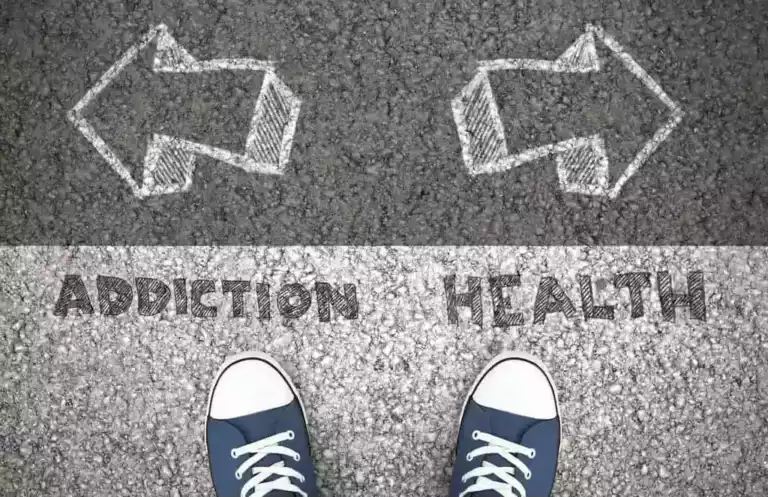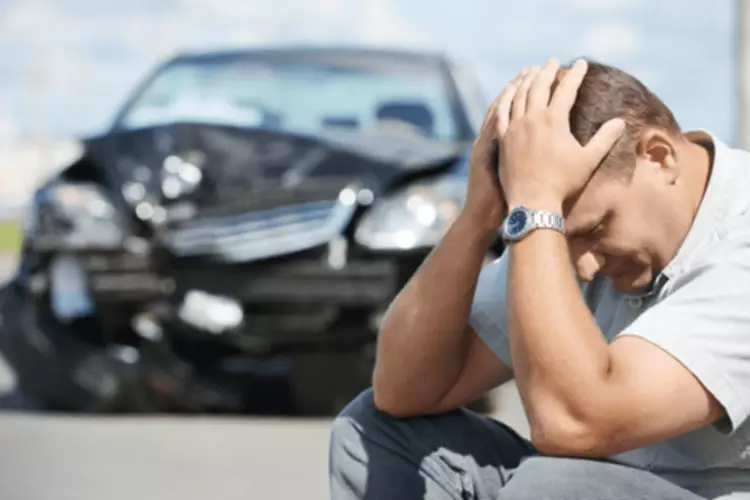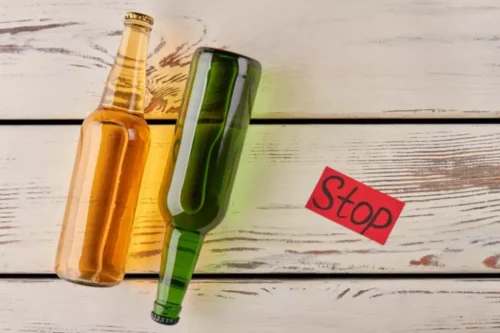


Dizziness is a common symptom of the dehydration that comes with a hangover. When you’re dehydrated, your blood pressure drops, which limits blood flow to your brain and causes dizziness. The study also suggested that heart rate increases as you drink more alcohol, and these increases can raise your risk of arrhythmia, an irregular heartbeat. And the more you drink the night before, the more severe your hangover symptoms might feel the morning after.

For people living with heart disease, hangover symptoms such as rapid heart rate and high blood pressure can be dangerous. “Hangxiety” is anxiety that can occur after drinking. It can linger for several hours even after a person no longer has an elevated blood alcohol level.
These medicines may not work well together with other medicines you take. But some people are more likely to have hangovers than others are. A difference in a gene that affects the way the body breaks down alcohol may make some people flush, sweat or become ill after drinking even a small amount of alcohol. It’s also good to know the difference between alcohol poisoning and hangovers, though alcohol poisoning symptoms usually show up while you’re drinking, not the day after.
For example, driving during a hangover can be dangerous or deadly. Generally, the more alcohol you drink, the more likely you are to have a hangover the next https://ecosoberhouse.com/ day. But there's no easy way to know how much you can safely drink and still avoid a hangover. Fortunately, hangovers typically go away within 24 hours.
Have a sports drink to replace the sodium, potassium, and other electrolytes you've lost from vomiting or diarrhea. Some people think you should take painkillers before bed when you've been drinking, but it's important to avoid acetaminophen. Combined with alcohol, it can be toxic to your liver. But if inflammation is part of the reason hangovers happen, aspirin and nonsteroidal anti-inflammatory drugs (NSAIDs) might help. Just keep in mind that NSAIDS, such as ibuprofen, can bother your stomach. Alcohol causes you to make more urine, which removes fluids from your body.
Mostly likely, you'll know if you have a hangover based on your symptoms the morning after drinking alcohol. Common symptoms include tiredness, dry mouth, headache, nausea, problems thinking clearly, and low tolerance for light and sound. A hangover from alcohol, while unpleasant, is not ordinarily a medically dangerous condition. However, if you have persistent nausea/vomiting or are severely dehydrated, you may require urgent medical attention.

Researchers don't know why, but they think it may have to do with how nicotine works on your nervous system. Some products marketed as hangover cures may be dangerous. They how long does a hangover last may contain unsafe amounts of vitamins and other ingredients. In fact, the FDA has called out makers of so-called hangover cures for marketing unapproved concoctions.

The more dehydrated you are, the worse you’ll feel, and longer. This account is not monitored 24/7, is not reviewed by a medical professional nor does it create a doctor-patient relationship. One of the best ways to help stop the spread of illness is to avoid contact with others when you’re most contagious.
There is also a direct toxic effect of the alcohol itself, which is thought to contribute to hangover severity. Time without alcohol use is the only true remedy for a hangover. Popular strategies such as cold showers and coffee drinking can briefly increase alertness. However, they do not speed up the detoxification process. If a person experiences a hangover, it is best to drink plenty of fluids to rehydrate the body.
